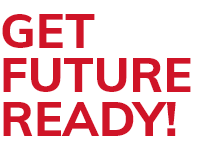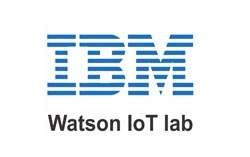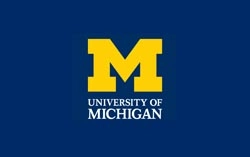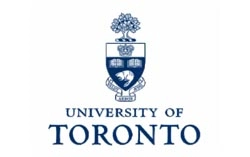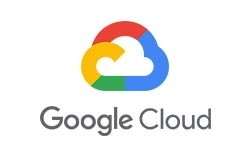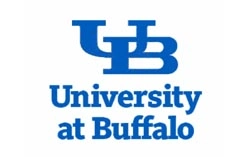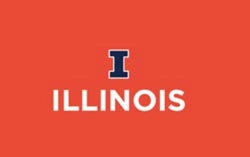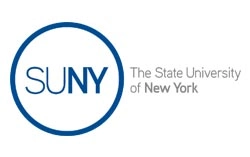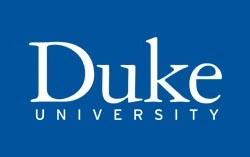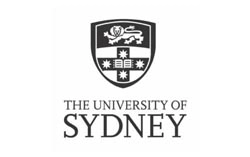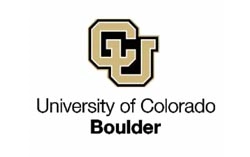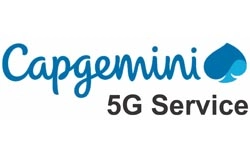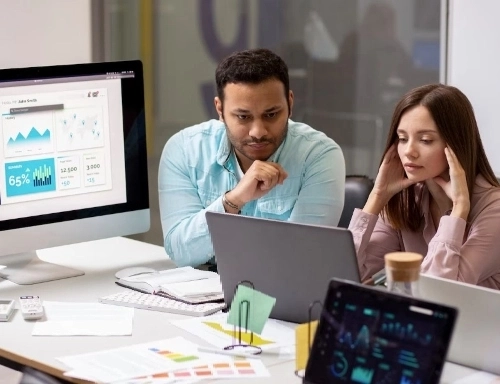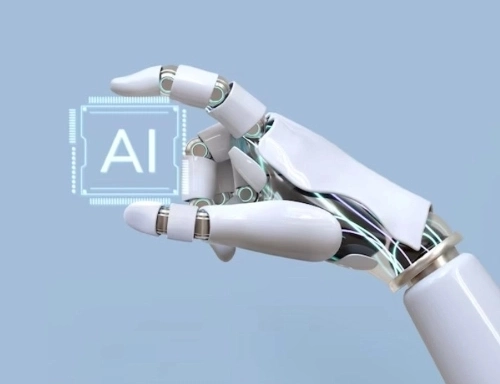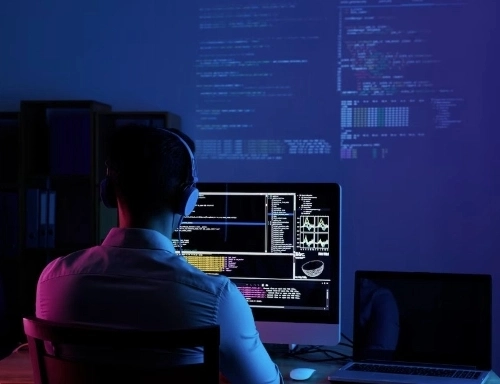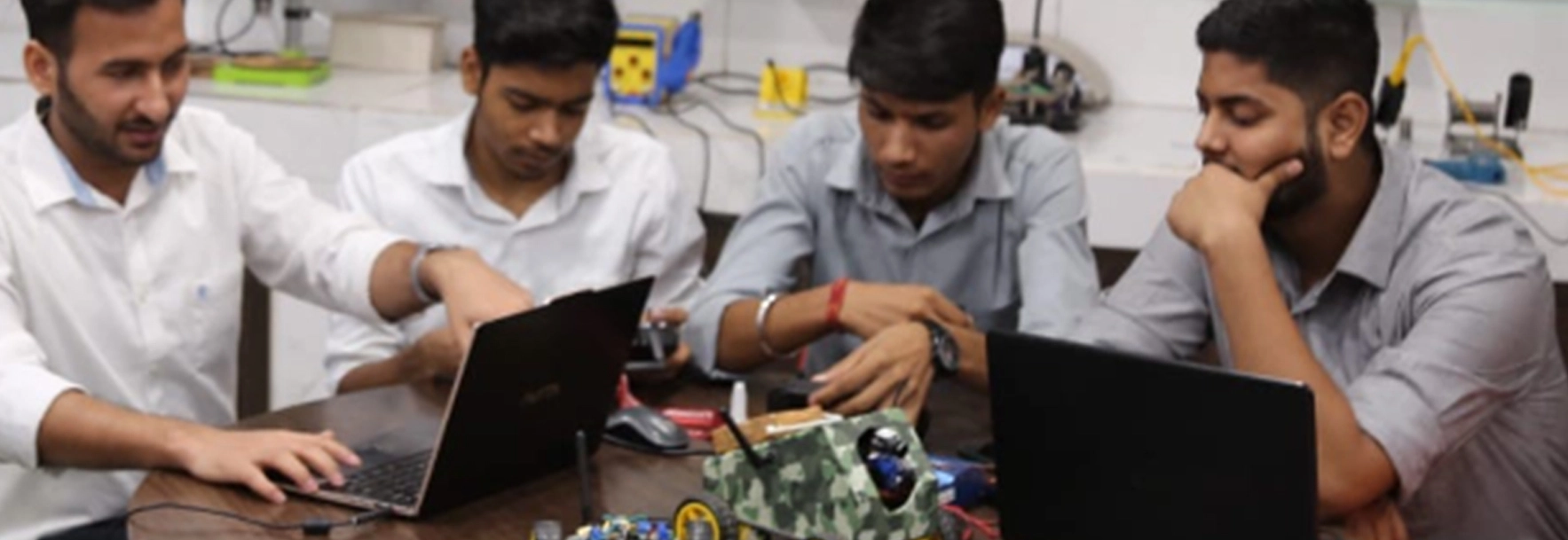
About the Course
The Department of Electronics and Communication Engineering, approved by All India Council for Technical Education (AICTE) and accredited by the National Board of Accreditation (NBA), New Delhi was established in the year 2001. The Department offers a Bachelor’s program with an initial intake of 120 and a Master’s program in VLSI Design with an intake of 09 students each.
The labs though well-equipped and the infrastructure, are regularly upgraded not only to serve the purpose of the curriculum prescribed but also to facilitate the carrying out of innovative projects to challenge the fast-changing needs of the society besides undertaking R&D activities. A good collection of more than 8500 books and 350 journals in the Institute Library covering all the areas of specializations help to enhance and harness the potential of the students. The faculty members of our department are not only engaged in research on trending technology but are also very passionate about innovation in the teaching and learning processes.
The department facilitates research work with industries on Antenna Testing and Mobile Communication Network Design. We also provide an advanced MATLAB workshop to UG/PG students in order to meet the current research scene. Apart from the core electronics laboratories, the department has also tied hands with contemporary fields such as Artificial Intelligence & Machine Learning, Block chain, Cyber Security, Data Science, Internet of Things (IoT), and Robotics among others.
Explosive development in electronics, audio and video communication systems have made an electronics engineer a catalyst for the change of the modern society. The quality of life has been tremendously improved by the electronic communication system. With ever-increasing tango of events throughout the world, it has become essential to have more efficient communication network with the latest electronic devices and circuits.
Honours Degree Using MOOCs Platform Coursera/Infosys Springboard
Industry Certifications
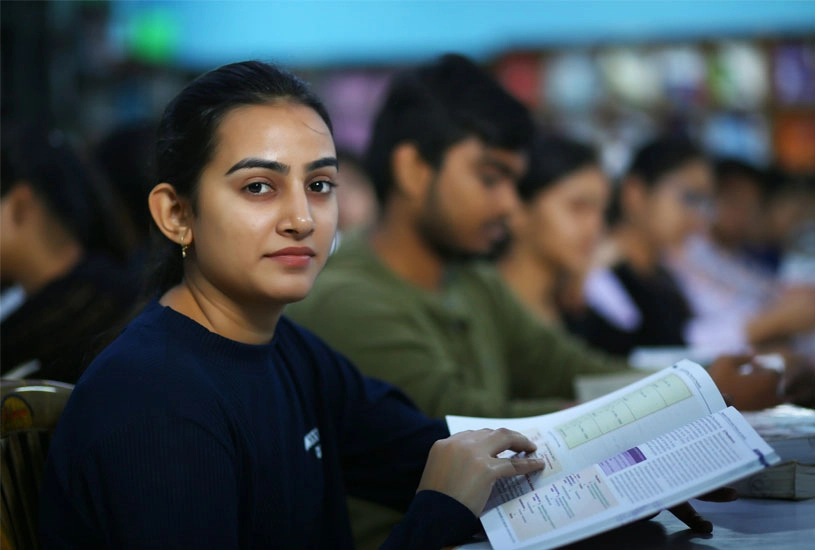
More about department
Curriculum Details/Modules
Application Process
- Register on portal by filling & submitting Registration Form.
- Please take a note of Email ID and Phone Number used during registration.
- Email ID submitted at the time of registration will be used for all communication until application is completed.
- To login, enter phone number provided at time of registration, you will receive an OTP. Enter OTP to login.
- Once registered on portal, you can log into portal to start your application.
- You can always continue your application from where you have left.
- Affordable education with maximum learning
Program Educational Objectives (PEOs)
Program Specific Outcomes (PSOs)
- To Design an implement products using the cutting-edge Software and Hardware tools in electronics and communication engineering to satisfy the customer need.
- To analyse and developed solution for the real time problem and to apply the knowledge for innovative ideas and solutions in Telecommunications, Wireless Networking, Embedded systems, and VLSI.
- To demonstrate the technical skills, professional competence entrepreneurial attitude and deliver innovative solution to solve the society.
Career Path
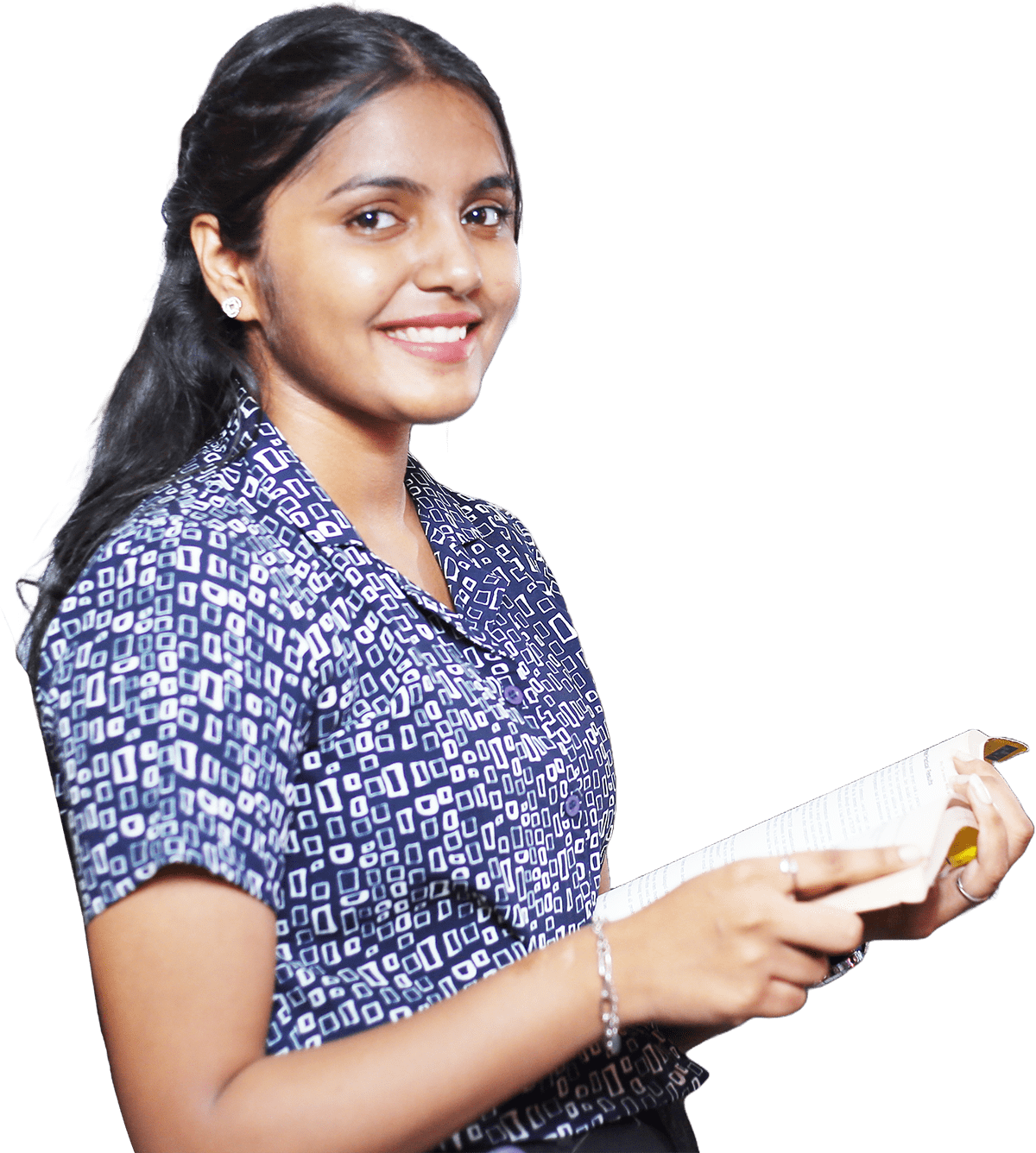
Apply Online for Admission to B.Tech In (ECE)
You can apply online for admission to B.Tech In (ECE) quite conveniently in a hassle-free way. For more information about the program, you can download the brochure below.

